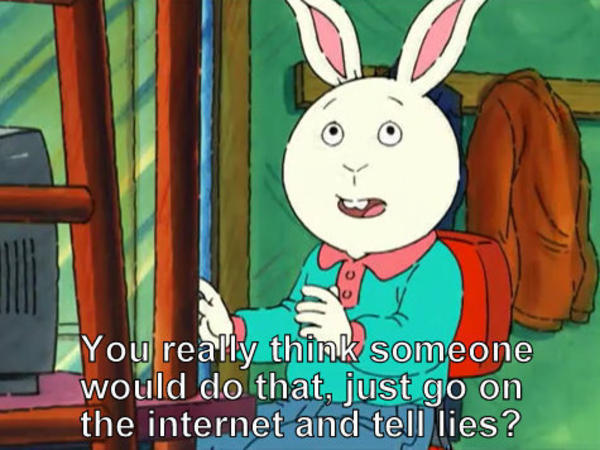
Hey y’all!
Let’s talk about the bond between nutrition science/research and the media.
Why? Good question. It’s because everywhere you go there’s someone writing about how one kind of food is great, the other is bad, etc. It can get really confusing, right?
If you’re neither a nutrition professional/student or a media person, you’ve been caught in the crossfires of nutrition and media every time a new study has been posted.
While it seems like the ammo is only clickbait titles and the same articles on your newsfeed time and again from the same couple big media sources, the ammunition really is faulty advice at best from people who aren’t well read in nutrition research.
It can get confusing for someone who doesn’t study this kind of stuff for a living to sort through. Luckily, it’s easy to learn how to pick up on the “faulty” nutrition articles that are out there.
Let’s start with a hard truth.
There’s no “selling point” for media outlets in saying that food isn’t inherently good or bad, or everything in the right amounts is fine, but consumers are more likely to click if an article promises a get-rich-quick scheme to be healthy or the doomsday headline that all carbs will lead you to a life of heart disease and misery.
Plus it’s easier to assign morality to food than launch into the grey area of “moderation”- that’s left for dietitians and I think we do a pretty good job. No bias, though.
Are you in the same boat as Buster right now? Why would someone lie about something as important as nutrition, right?
Everyone from Washington Post to Buzzfeed has people covering nutrition studies and the most recent one is the PURE study. You’ve definitely heard of it in some way or another recently on your newsfeeds.
Some zingers of a headline include:
- “PURE Shakes Up Nutrition Field: Finds High Fat Beneficial” (Medscape)
- “Huge new study casts doubt on conventional wisdom about fat and carbs” (Statnews)
- “A Lot Fat diet might kill you, new study finds” (Diet Doctor)
What are some common themes you see in those headlines? Doom and gloom, right?
Here’s an insider tip: the PURE study didn’t really rattle Registered Dietitians in the way the media seems to think. And not just because most of the RDs I’ve met are really chill people.
In fact, here are a few articles that are written by doctors and RDs breaking down the study! I’m not at the point where I feel I could summarize it, so here are some sources I look to:
- New Nutrition Study Changes Nothing from The Atlantic
- Favorite quote is: “Eating in ways that are good for our bodies isn’t conceptually complicated. It’s complicated by money and time and access—but eating based on scientific findings is not”
- NutritionWonk’s blog post (Also, her blog is amazing in general. Recommend x100)
- The Rooted Project’s infographic for my visual learners
If you look into the Atlantic article I shared and remember what we talked about a bit earlier in the blog post, you can understand why sensationalist headlines “sell” better than ones that say more chill things like “Nutrition study changes nothing”.
The idea that everything we knew is being turned on it’s head reads as more exciting. It pulls our attention to it and causes us to want to read more. After all, everyone has some knowledge that food becomes energy and nutrition/food matters. Now the readers, you guys, get the promise of “insider info”. Unfortunately, sensationalist articles tend to be incorrect in one way or another.
Now, why is that?
Look at the authors of the articles I shared for you guys to read.
They’re written by experts in the field, who do this kind of stuff (breaking down research) for a living. They’re open and honest about the study and make it easy for you to find the study to read for yourself and provide further reading. They’re not trying to sell their books, services, or products. Just plain honesty.
When you’re browsing social media, these are the places to go when reading an article about any kind of science. You don’t see a biologist writing about physics. Trust the sources written by nutrition professionals.
Conventional nutrition advice leans more towards moderation than it does extremism.
NutritionWonk, Nutrevolve, and Yoni Friedoff are the places I go most often for help when reading research regarding nutrition. You can always branch off from there to find more places to read about it, or if you stay tuned, we’ll cover how to read nutrition research on this blog in the coming weeks.
Which, along with reading and researching on your own, also helps you determine legitimate sources of nutrition news for yourself.
Much love,
Em